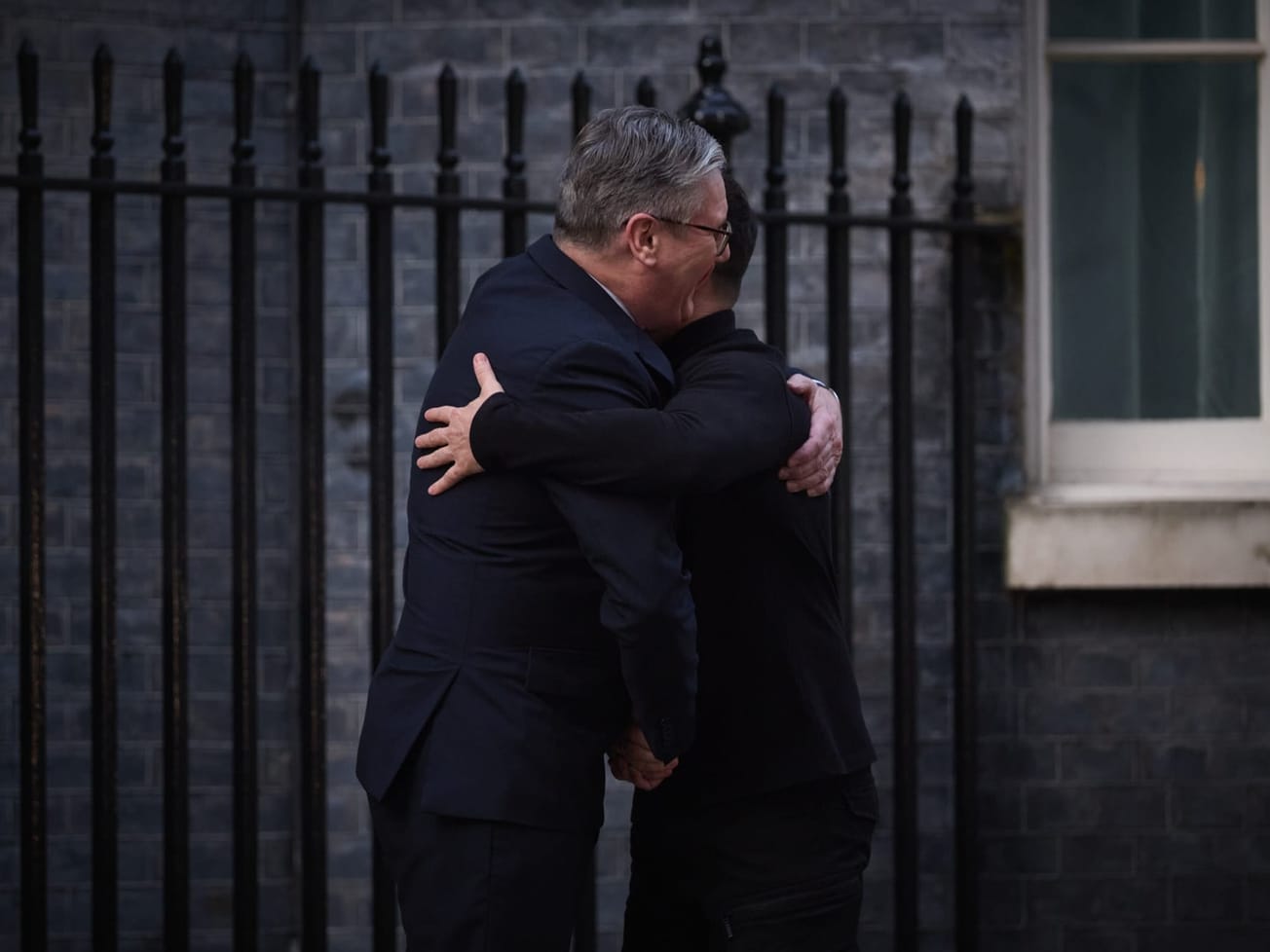BRUSSELS (AN) — European Union leaders unanimously approved a tentative Brexit agreement with the United Kingdom on Thursday, laying out "the framework for the future relationship" with Britain if it leaves the 28-nation bloc in November.
The E.U.'s European Council endorsed the political declaration and "invited" the European Parliament and European Commission to "take the necessary steps to ensure" that the agreement enters into force on November 1, according to the council's two-page meeting summary.









